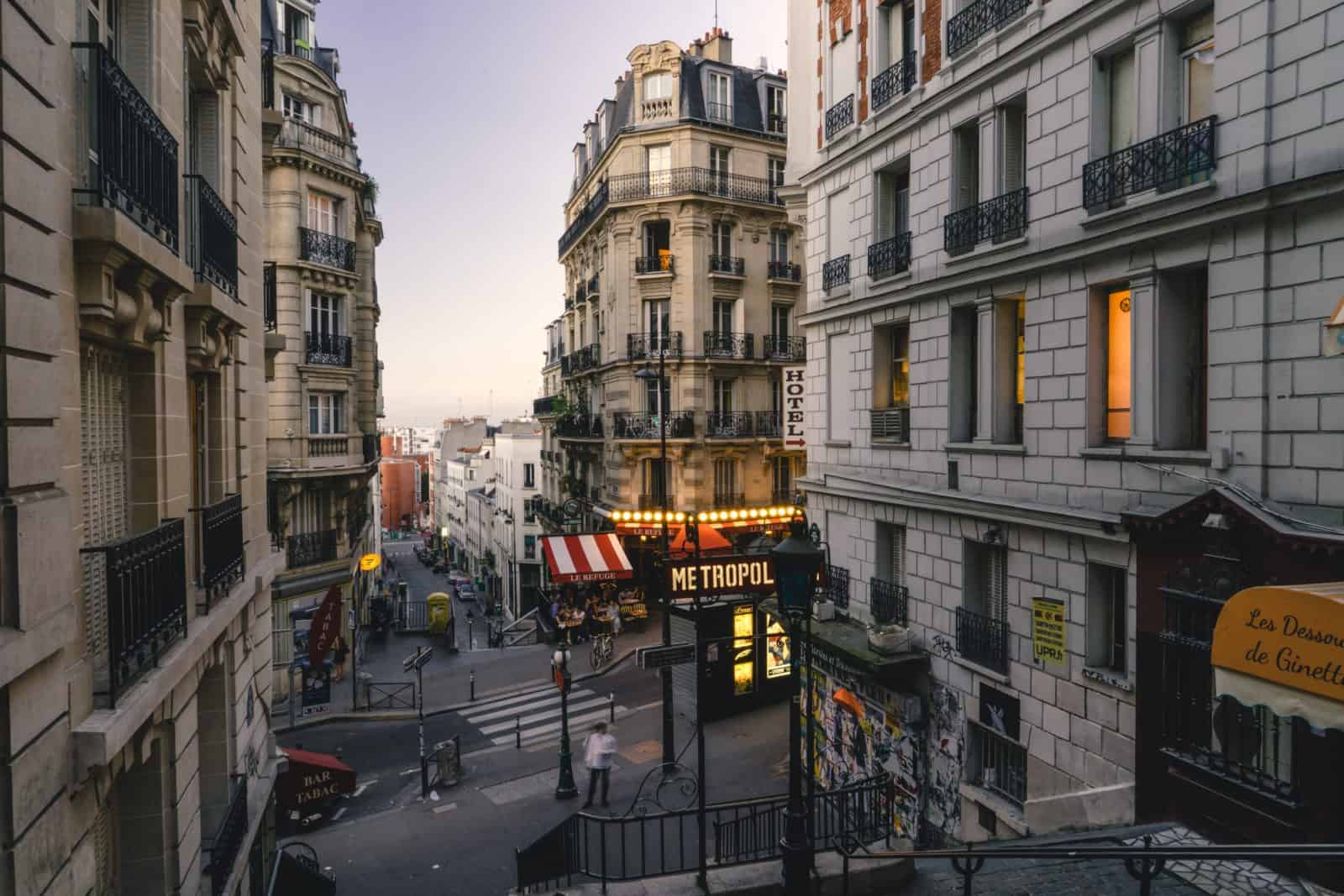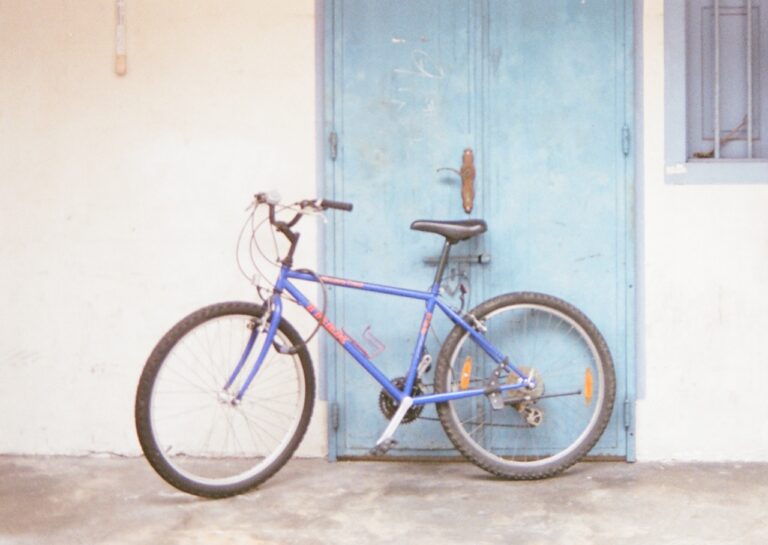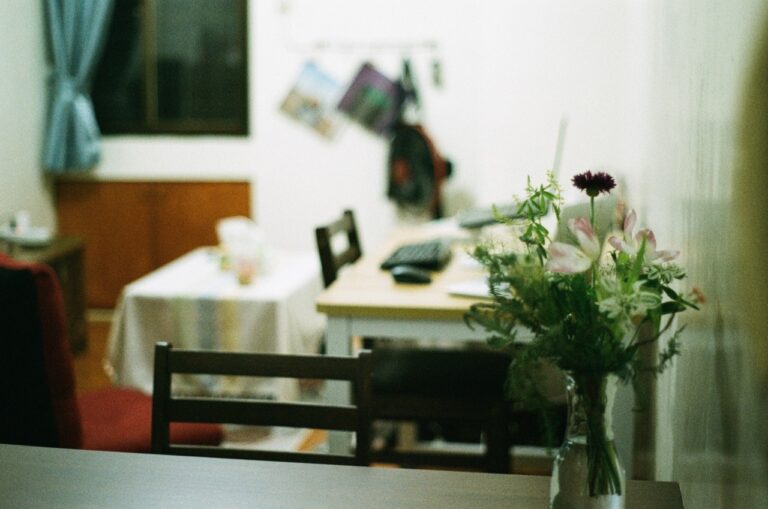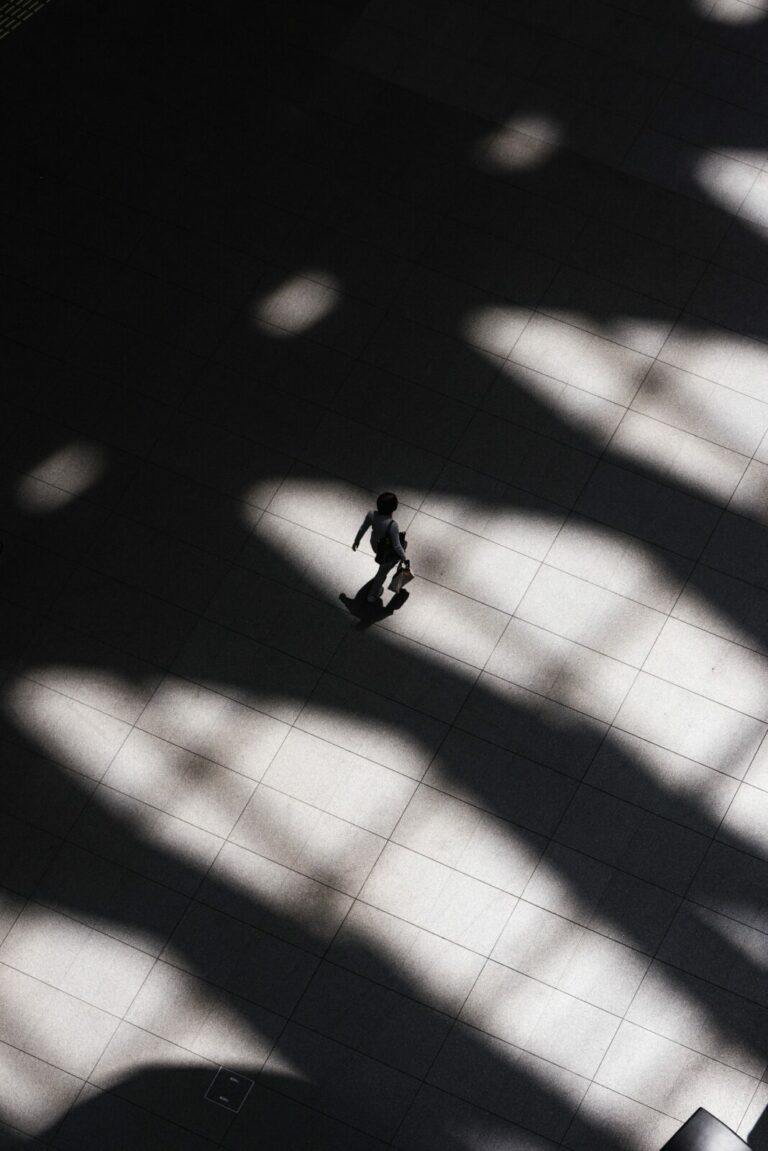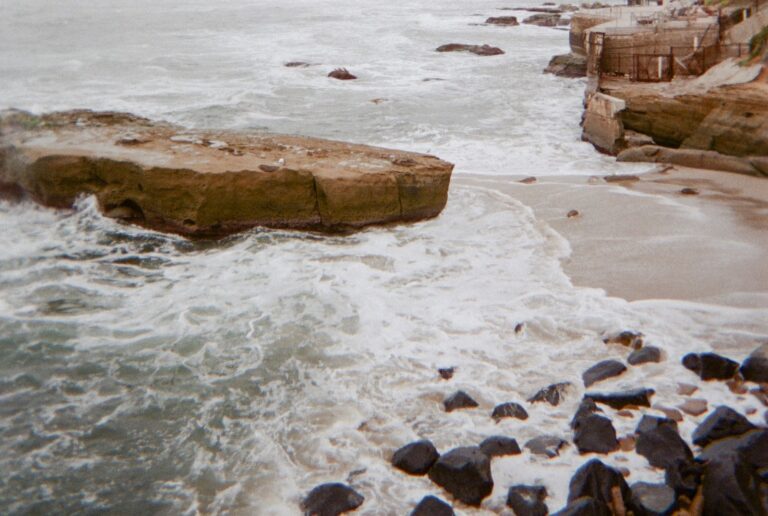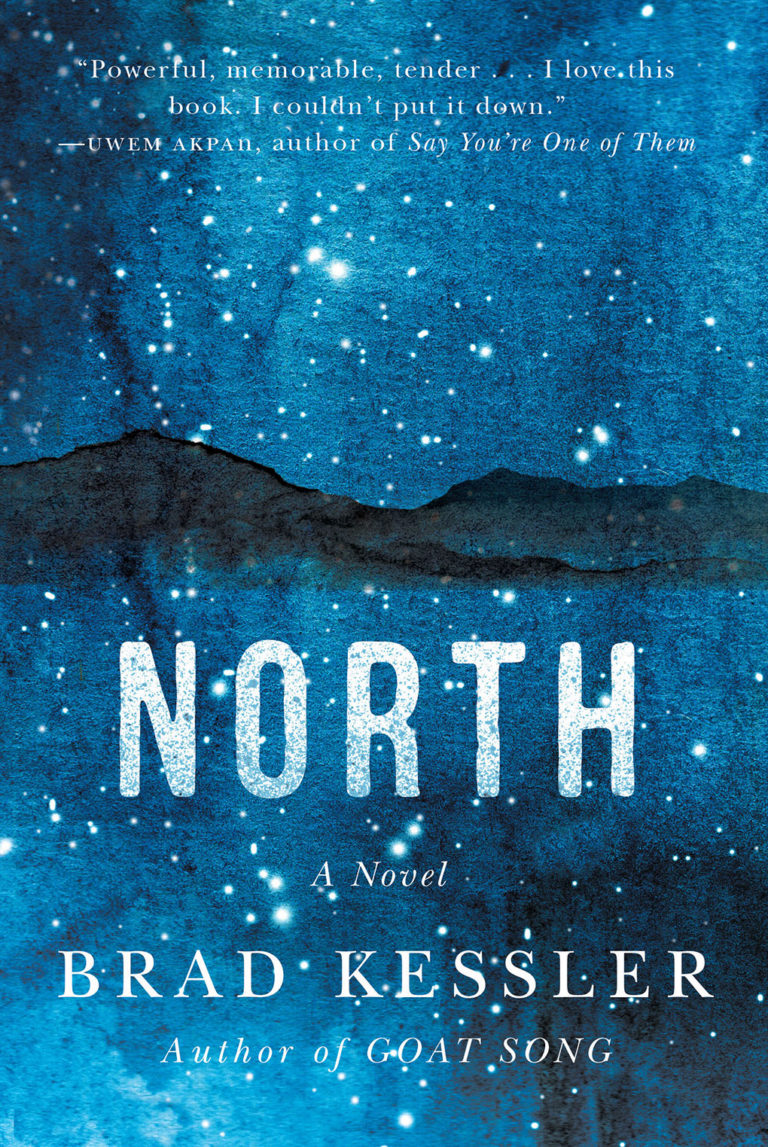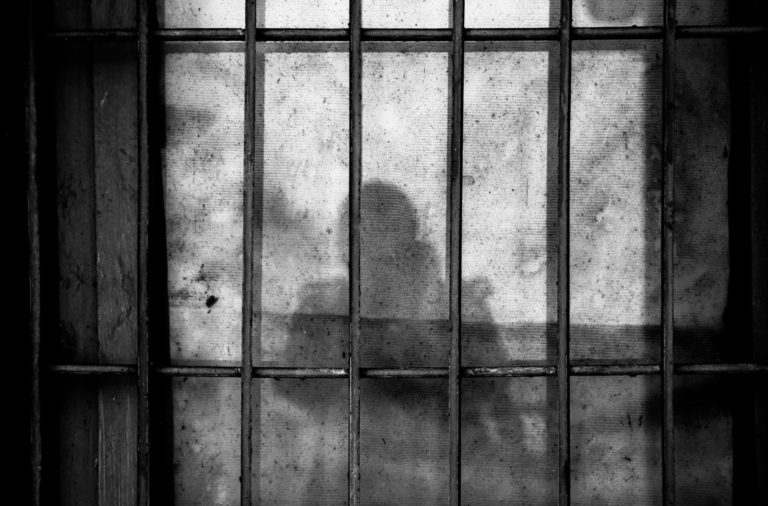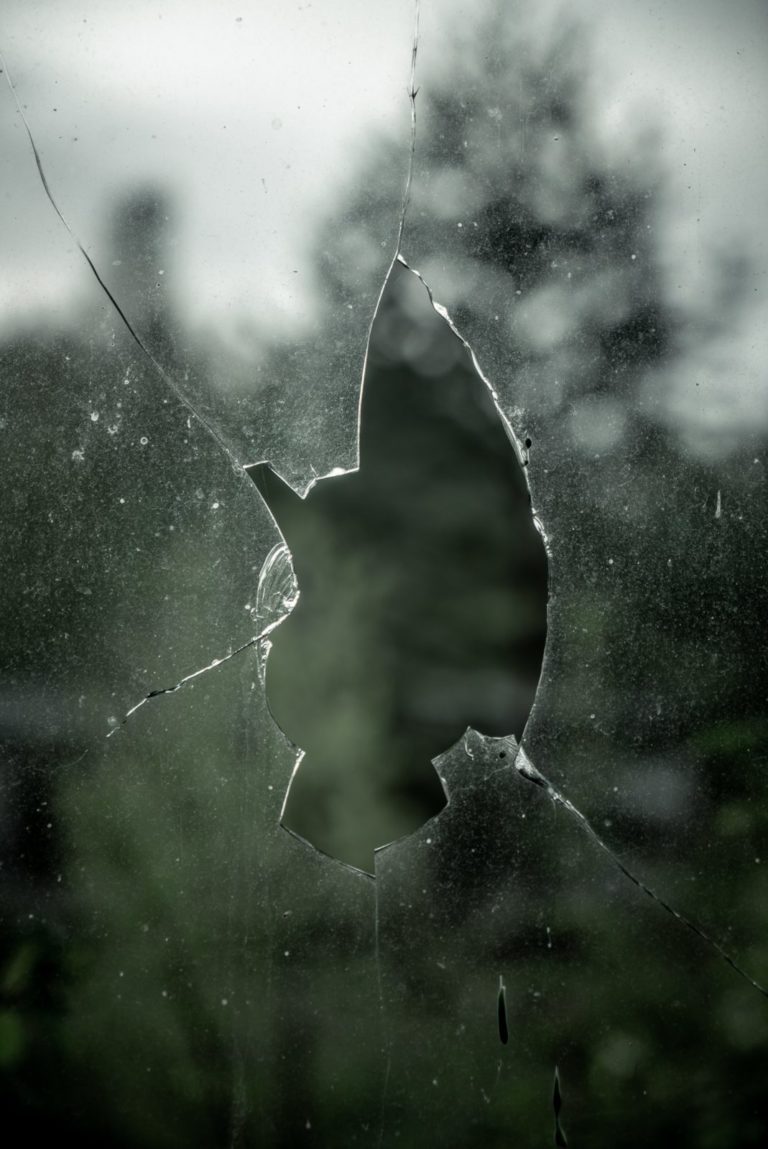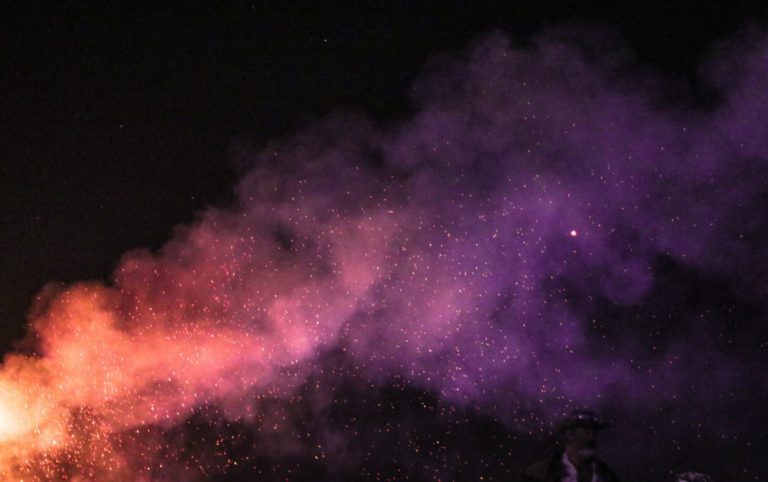Everything Starts at a Bookstore
I was supposed to meet Zoe for lunch at a chic Parisian restaurant she had discovered on the Internet, a crucial rendezvous during which I intended to propose marriage, but I was running late. A fierce, cold rain lashed down suddenly as I bounded up the Metro steps, rain as I had never experienced before. It drove me back into the underground, where dozens of African Parisians discussed the weather in languages other than French. I glanced at my watch and leaped up the stairs again, blinded by the torrents of rain.
Wind whipped the leafless plane trees along the avenue. I spotted a flower shop and ducked in, thinking to buy a bouquet for my love. But I must have slipped through the wrong door, for I found myself in a neat, closet-like secondhand bookstore with dark oak shelves marching back toward an ancient desk fortified with parapets of leather-bound tomes. I hovered, dripping in the doorway, loathe to enter and perhaps spatter some valuable books with water but also reluctant to dive back into the deluge. I wiped rainwater off my watch face, frantic with vexation and indecision. I naturally blamed all my troubles on the Parisians, their precious City of Light, and Zoe’s love of travel, which I did not share.
At length, an elderly gnome, about three feet high, with white braids wrapped like wheels at the side of her head, shuffled from behind the desk in what looked like wooden clogs. Everything smelled of dust, mildew, and creosote. Her skin was the color of ash. The high ceiling seemed wreathed in smoke. She dragged anciently toward me, taking hours, it seemed, with a small book clutched in two veined and corded hands the color of mahogany. She extended her arms, offering the book to me, almost toppling over as she held it out, her blue lips working wordlessly, foam at the corners of her mouth. But her watery blue eyes darted intelligently, anxious and beneficent.
A folded slip of paper fell from the book as I reached for it. Then I had to grasp the old crone by the shoulders to prevent her from falling as she vainly tried to catch the escaped sheet before it landed on the damp floor. I could already see the blue cursive letters soaking through the yellowing page. I snatched it up by a corner and flung it open, hoping to preserve the message, but the letters were beginning to run. The penmanship was bold, what used to be called copperplate, the words were, surprisingly, in English. They disappeared as I read them. “I adore you. I belong to you for eternity. It doesn’t matter what you have done. I take your sins for my own. I will suffer the punishment and happily wait for you in the Afterlife. But, my heart, if I could just see you once more before I go, it would be so much easier to bear. At the Gare at seven under the clock.”
There was a worm hole through the paper. The ink was pale with age. The book was Lautreamont’s Chants de Maldoror, an early edition, French of course. I had never read it. The aged dwarf was on her way back to her desk. It would take her a week. The rain had stopped, replaced with the sepia sunlight of Paris in late autumn. I looked at my watch. It was a quarter to seven. A strange feeling descended on me, the feeling of being directed by an unseen hand.
At the Gare
It occurred to me that Zoe was always late, that I would be cooling my heels, eating bread at the table alone while the waiters crossed their arms and whispered about me behind my back. The Gare du Nord was not far. The craziness of the impulse lent it an air of spontaneity and romance. The note was a hundred years old, if not more. What Gare did the writer intend? What city? Still, I was the reader of the message and it wouldn’t hurt me to fulfill the ancient invitation. I knew that in some obscure way I would think better of myself for having done so.
I dove down the Metro steps, interrogated the route map on the wall, and raced to the platform, catching the train as the doors swept shut. The trip seemed interminable. Now I would be well and truly late meeting Zoe. She would have arrived already, puzzled at not finding me at the table, embarrassed to sit by herself. I read the platform signs as they swept by. I wondered about the handwriting, the person who wrote the note, for whom it had been intended, what crime he had committed, what terrible fate awaited her. Already I was haunted by the thought of the lovers who never met, their not-meeting whispering down the decades til the moment when the leaf of paper fluttered from the gnome’s hand. At that moment, I realized I still clutched the book. I had not paid for it.
I raced up the steps at the Gare du Nord and burst onto the concourse. It was, yes, just seven. I was only half an hour late to meet Zoe, my future wife (and dental hygienist). I imagined I’d find some 19th century pedestal clock with Roman numerals for numbers and thick arms black with coal soot. But there was only the huge digital sign, DEPART DEPARTURE ABFARHT, blinking destinations in waves like wind blowing across fields of wheat. Everything smelled of marble and ozone. Rain fell in waves on the glass roof as if we were under the ocean. Trains gleamed impatiently between pedestrian quais where the globe lights walked into the distant dark. There were the usual chic-looking French people hurrying along with their black-rimmed glasses and baguettes like loaded rifles, also students and haversacks and Muslim women in headscarves. I waited under the digital sign, looking at my watch, feeling a little foolish. Except for me, everyone was in transit, passing through, with a definite destination in mind. An African sweeper with a barrow came by, emptying the trash, Except for the public address system, which blared incomprehensible messages at me in French, I was engulfed in silence.
I opened the book and read the words “Plût au ciel que le lecteur, enhardi et devenu momentanément féroce comme ce qu’il lit, trouve, sans se désorienter, son chemin abrupt et sauvage...” which were incomprehensible to me, yet some seemed to find an echo in the passionate intonations of the public address announcer. I noticed the slender, melancholy figure emerging from the shadows at the Rue de Dunkerque entrance, cloche hat, black lipstick, dark wool coat down to her calves. I noticed her because her eyes were fixed on me, and I could feel them. She was unique, it seemed, in a train station packed with what you’d expect, and I had no doubt that it was she who had left the note for me in the book of poems (printed in an unreadable language). But as soon as I thought this thought I realized, how ridiculous it was. I remembered Zoe and the lateness of the hour and heard the clisp, clisp of the commuters’ footfalls like dead leaves falling all around me.
The woman seemed dangerous, tragic, sad, and fascinating. I was having the adventure of my life just watching her stride across the concourse. She came toward me like fate, ferocious and wild. I felt in my jacket pocket for the little velvet box that contained the engagement ring. Zoe would be in panic. I was the anchor of her little world. I felt a twinge of contempt for that little world. I had answered the invitation, the lover’s call. The woman was wearing strange wooden shoes, sabots, I think they are called. I wondered how I knew that. Her eyes were blue, fierce with certainty and renunciation, also relief, the deepest happiness. I looked for the exit. I knew I could escape. But what was there to escape to? She broke into a rueful smile. I could smell book dust, mildew, and creosote. Under her cap her black hair was braided in tight wheels against her temples. Her skin was white as paper. I held out my arms for her. Up close, her hair smelled cold like snow, like winter.
“You came,” she whispered, clutching my hand. “It’s enough. Now I can endure everything.”
“I don’t know what you’re talking about,” I said.
“Je t’adore,” she said. “It’s all I need.”
“Je t’adore,” I whispered. (It did not escape me that all at once I could speak three words of fluent French.)
I knew she wasn’t real, but I suddenly realized what it meant to say my heart ached, to know what I wanted and could not have. All at once my entire life seemed diminished, something I watched on a TV screen, scripted, flickering, but nothing I was participating in. The revelation made me sick. A strange malady. I had the feeling that from now on, my life would be haunted with the realization that nothing could measure up to this moment and this woman for whom there would never be a substitute.
At the Café
It took me ages to find my way back to the restaurant, what with the Metro suffering one of its frequent shutdowns (due to electrical shortages, or maintenance problems, or terrorist threats), and the snow falling, snarling the traffic. Yes, snow was falling. Suddenly it was winter. The streets were like strips of parchment. The gas lamps hissed as I walked beneath them. Horses dragging the street trams clattered on the pavement, striking sparks with their iron shoes. Nothing, of course, surprised me. I felt a certain posthumous quality in everything I did. I didn’t recognize my clothes.
The café was boisterous, overheated, brilliantly lit with gaslights and candles. Waiters in aprons, oiled hair, and black moustaches swayed amongst the tables. Women in little bonnets perched upon upswept hair laughed coquettishly. I spotted Zoe almost at once. She was sitting with an earnest young man dressed in a modish gray suit, his hair already receding slightly, giving him an air of wisdom and solidity. Her cheeks were warm, her eyes vivacious. She had a ring on her finger. They were drinking champagne out of fluted glasses, and their waiter was making a fuss, fluttering excitably around them—an intimate everyday tableau. Bon chance, I thought, trying out more of my newfound French, feeling a certain continental contempt for the naïve and conventional tourists.
I sat by myself where I could watch them. I ordered Pernod and a hot grog and asked for some paper to write on. I could smell winter through the window glass, astringent, bracing, real.

